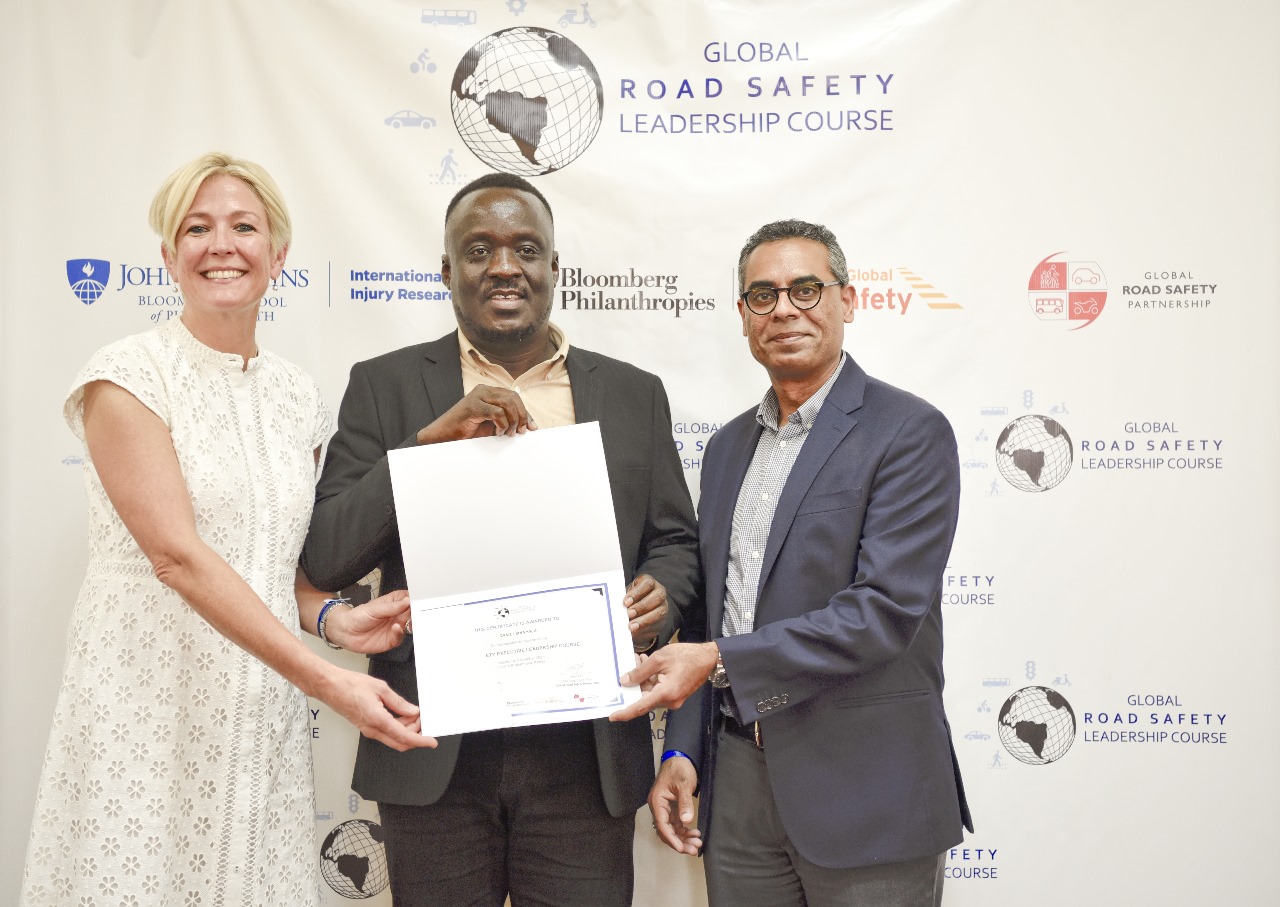Regional transport chiefs meet in Mombasa as road deaths surge across Africa

Africa accounts for some of the world’s deadliest roads despite having comparatively fewer vehicles than other regions, a paradox experts attribute to fragmented data, weak enforcement, unsafe infrastructure and rapid urbanisation that has outpaced policy.
Senior government transport officials, traffic chiefs and policy leaders from seven African nations have convened in Mombasa for a high-level road safety strategy forum, amid growing concern over rising fatal road crashes across the continent.
The week-long Road Safety Executive Leadership Course, attended by 43 senior decision-makers, is probing why years of safety campaigns, legislation and investments have failed to significantly reduce deaths and what systemic changes are needed to halt the crisis.
More To Read
- Omtatah pushes Senate to act on road safety as deaths surge past 4,000
- Toilets can make Africa’s roads safer, according to this new study
- NTSA launches road safety campaign to keep children safe as schools close
- Mombasa drivers, pedestrians express relief over installation of traffic lights at Saba Saba
- One in four global road deaths occur in Africa, report reveals
- 19 first aid units, trauma facilities to be built along Kenya’s blackspots
Organisers say the forum, backed by Bloomberg Philanthropies’ global road safety programme, is not another advocacy conference, but a critical interrogation of gaps in enforcement, data accuracy, urban planning, political accountability and cross-border road safety governance.
Africa accounts for some of the world’s deadliest roads despite having comparatively fewer vehicles than other regions, a paradox experts attribute to fragmented data, weak enforcement, unsafe infrastructure and rapid urbanisation that has outpaced policy.
Mombasa County Executive for Transport and Public Works, Daniel Manyala, acknowledged that previous efforts had not delivered the scale of impact required.
“Road safety has been discussed for decades, yet the fatalities keep rising. The question is no longer about intent, it is about execution, coordination and accountability,” he said.
Unlike conventional workshops, participants include national transport agency heads, police traffic directors, regulators and a member of parliament, many of whom hold direct authority over budget allocation, enforcement policy and national road safety targets.
Director of the Johns Hopkins International Injury Research Unit, Dr Abdulgafoor Bachani, said the gathering was designed to shift leadership behaviour, not produce abstract policy pledges.
“We know the risk factors. What has been missing is consistent institutional delivery, shared data systems, and leadership structures that outlive political cycles,” he said, noting that crash surveillance systems in many countries still fail to capture the true number of fatalities.
Officials at the forum highlighted that road deaths are increasingly becoming an economic crisis as well as a public health one, with some African states losing an estimated 3–5 per cent of GDP annually to crash-related injuries, healthcare costs and lost productivity.
Discussions are centred on strengthening crash data collection, rethinking enforcement models, combating corruption in traffic policing, redesigning high-risk urban corridors, and establishing measurable national targets aligned with the UN’s Sustainable Development Goals on road safety.
Transport analysts attending the session also raised concerns about the limited regional harmonisation of road laws, enforcement standards and public transport regulations despite growing cross-border trade and mobility.
The event, co-hosted by Johns Hopkins University and the Global Road Safety Partnership at PrideInn Paradise Beach Resort, is expected to produce country-specific action commitments rather than a collective communiqué, a shift organisers say is meant to enforce accountability beyond the conference hall.
Top Stories Today















































